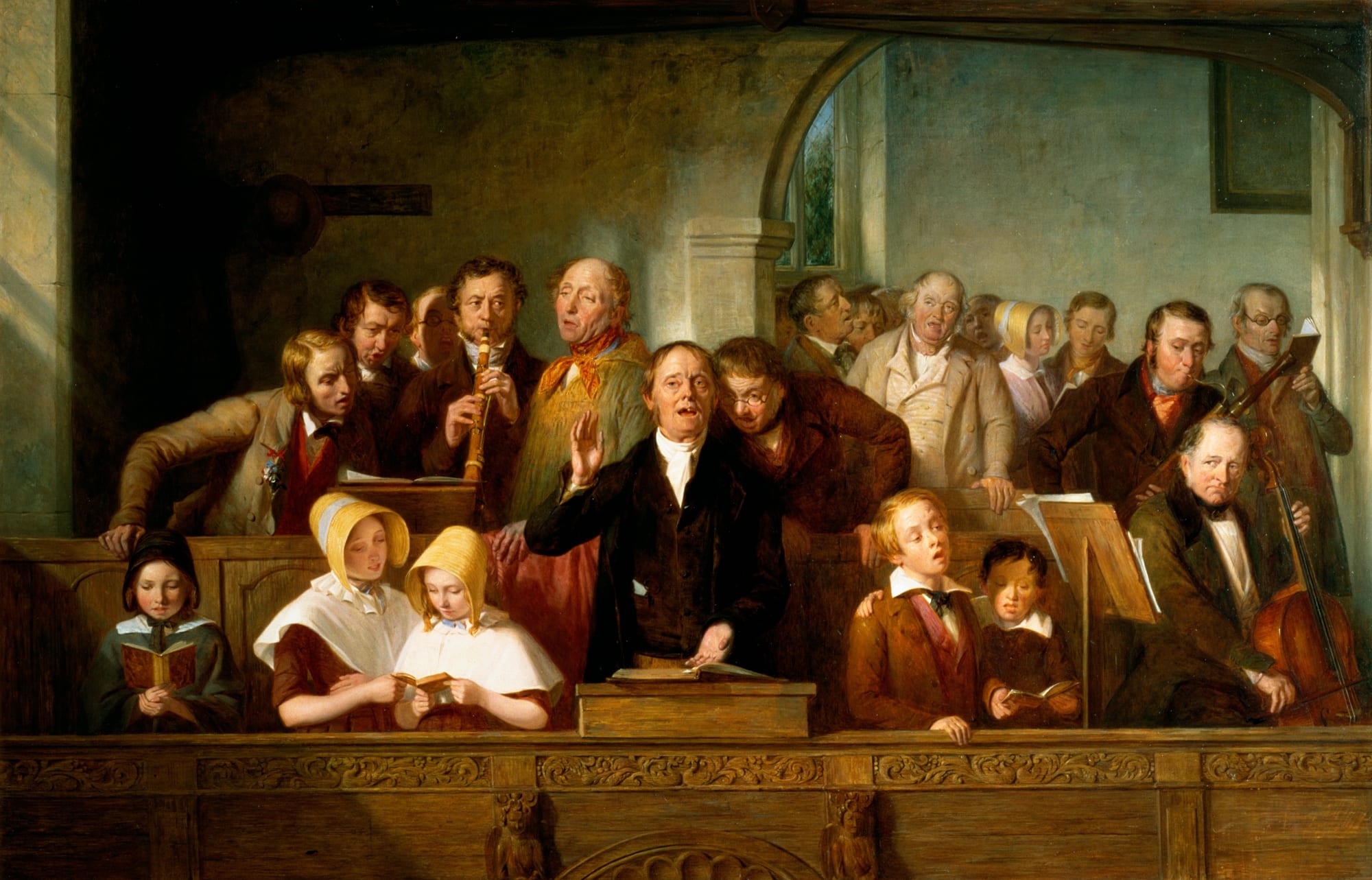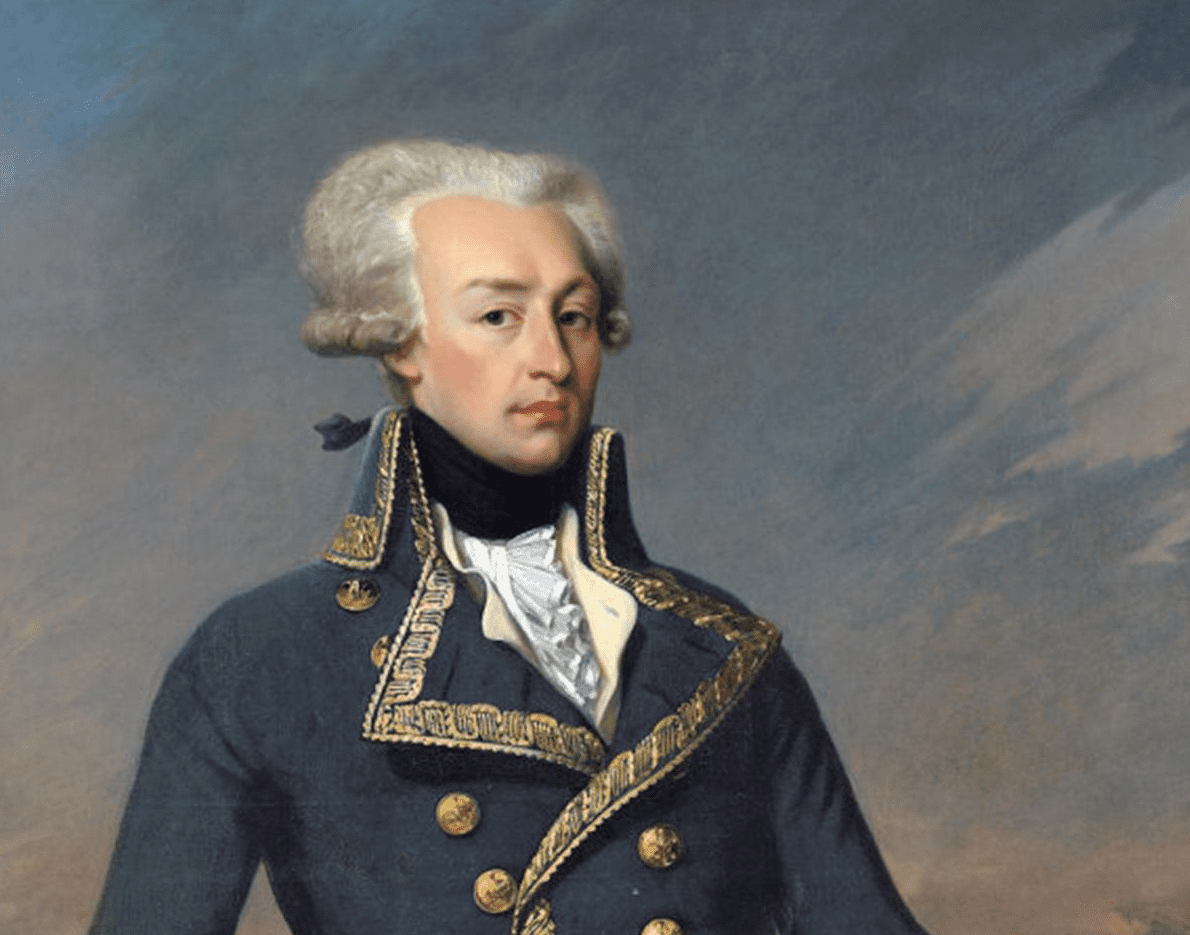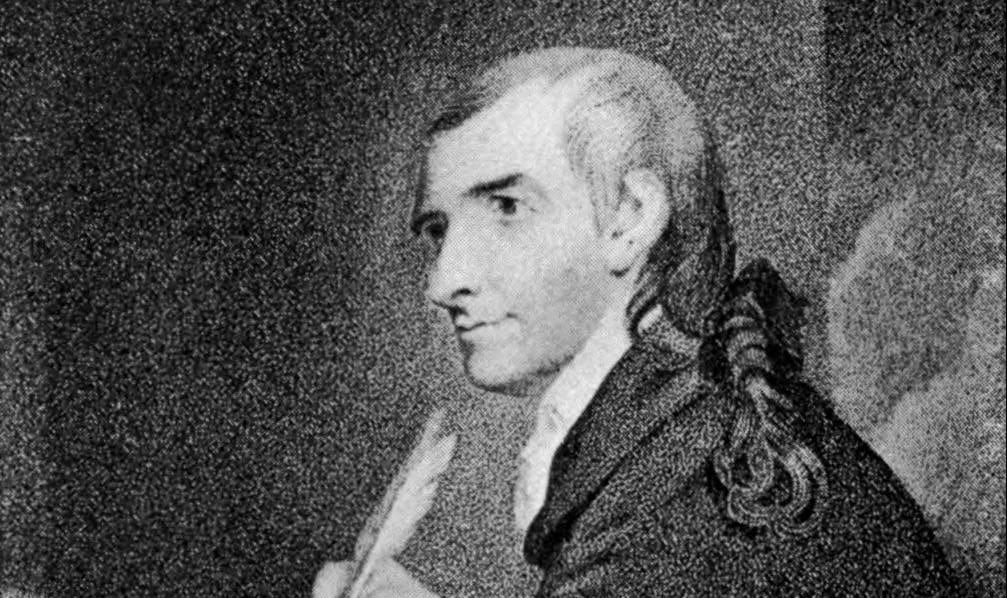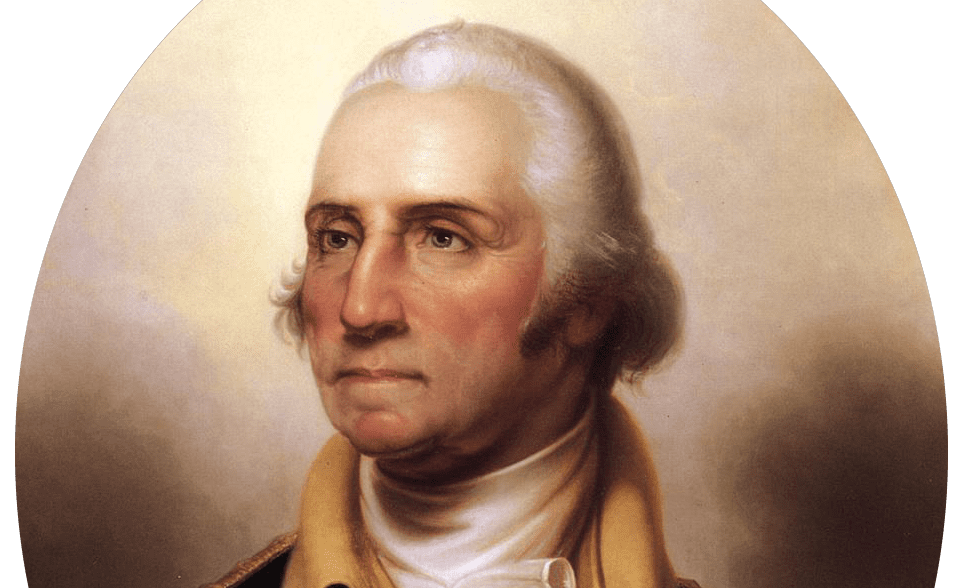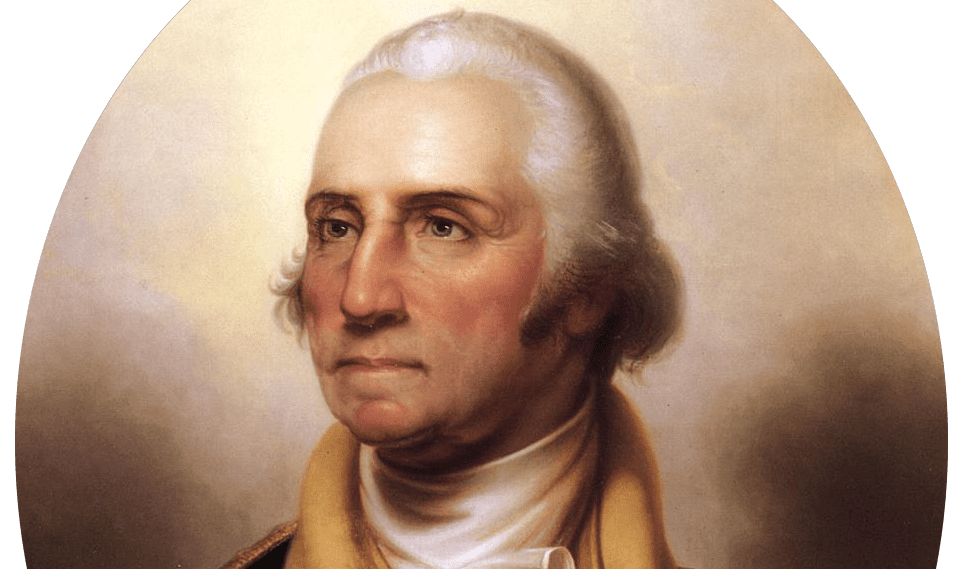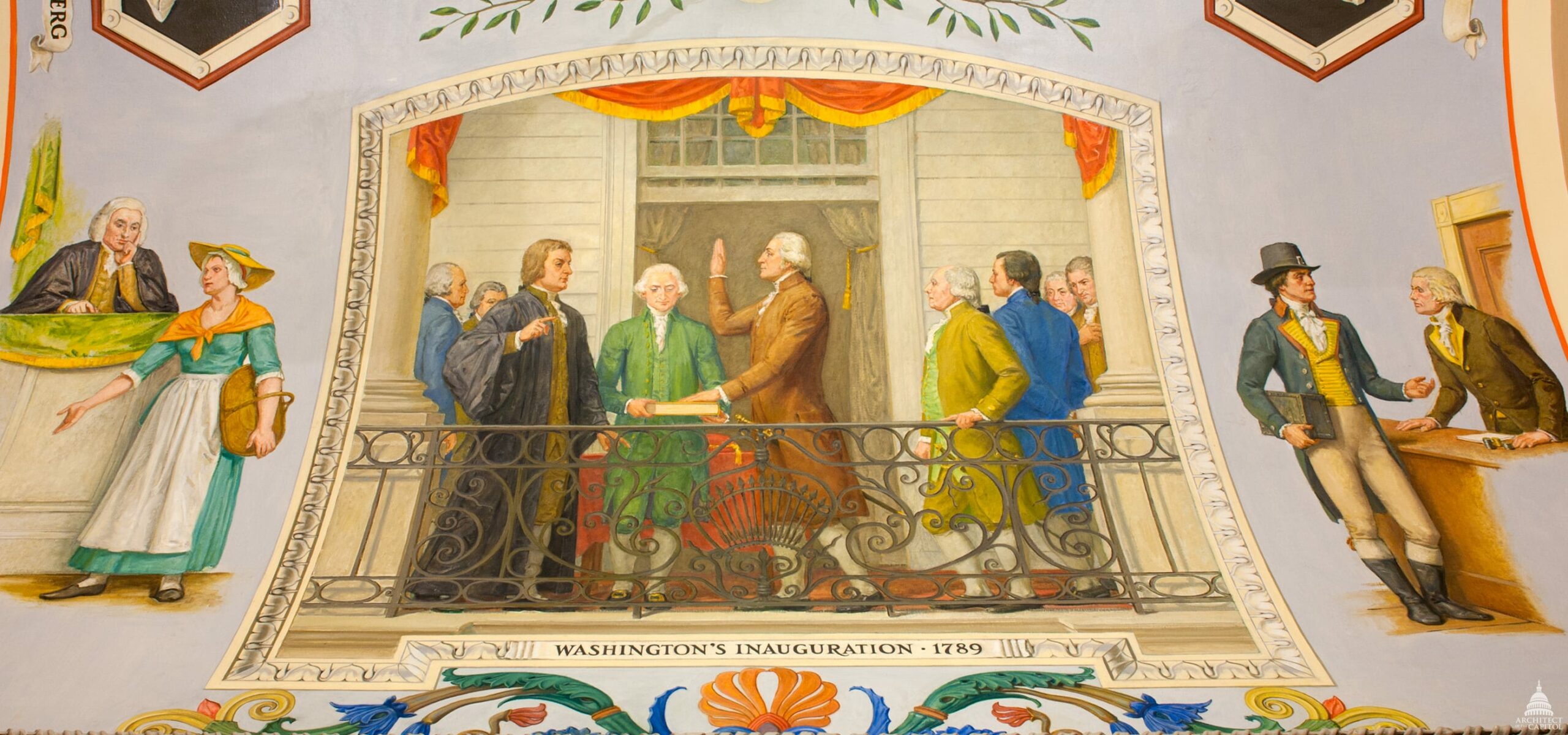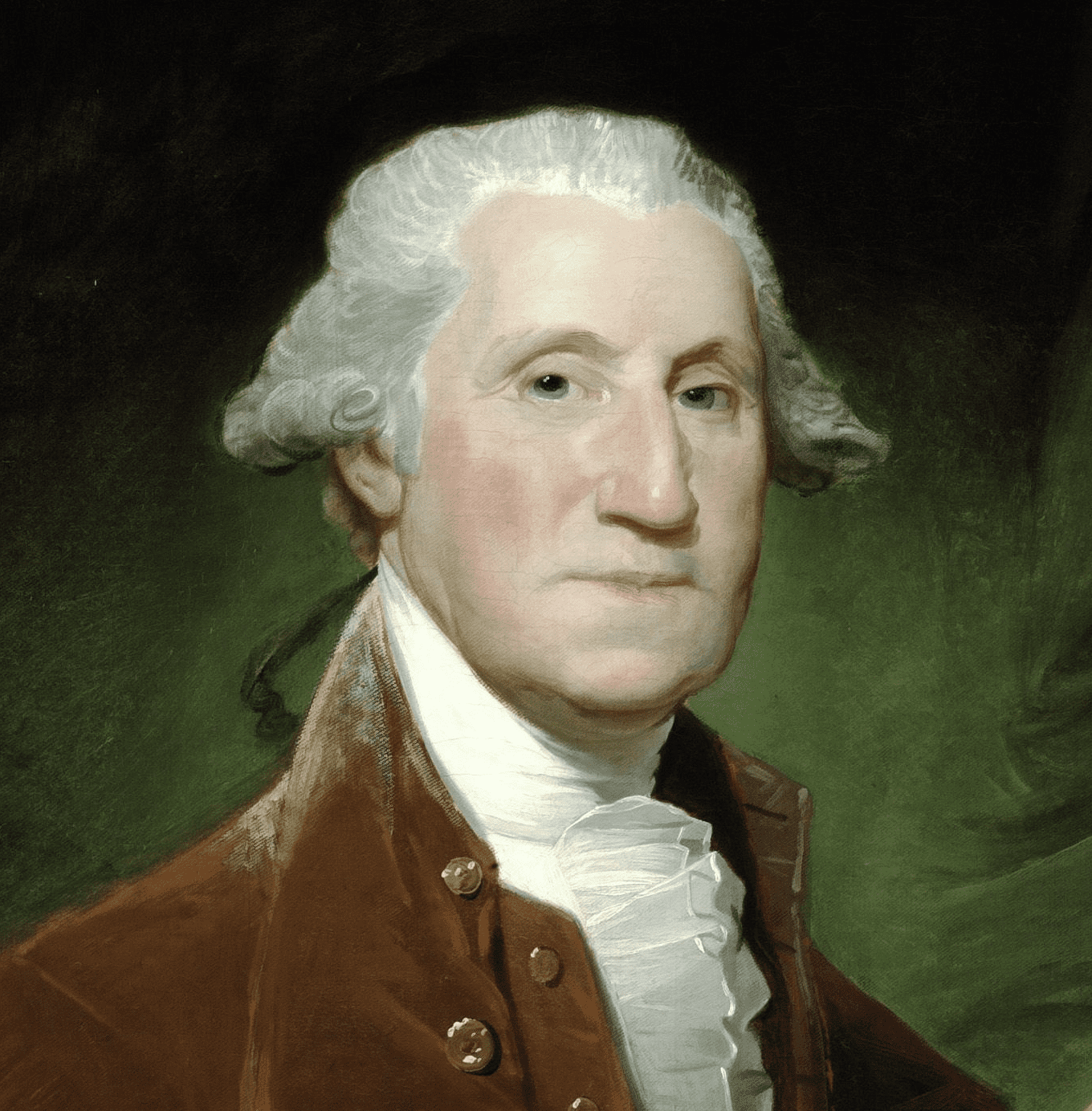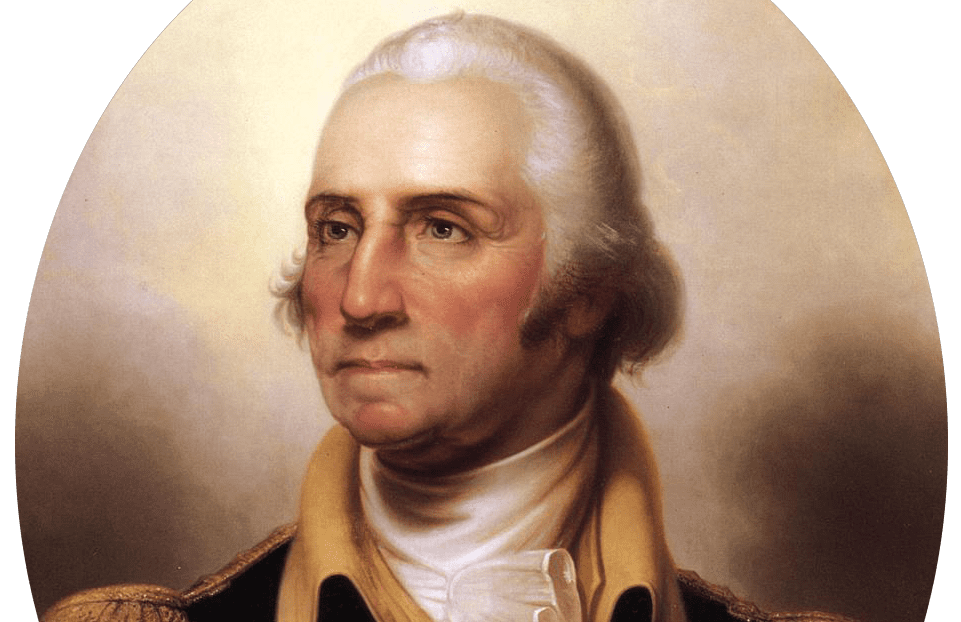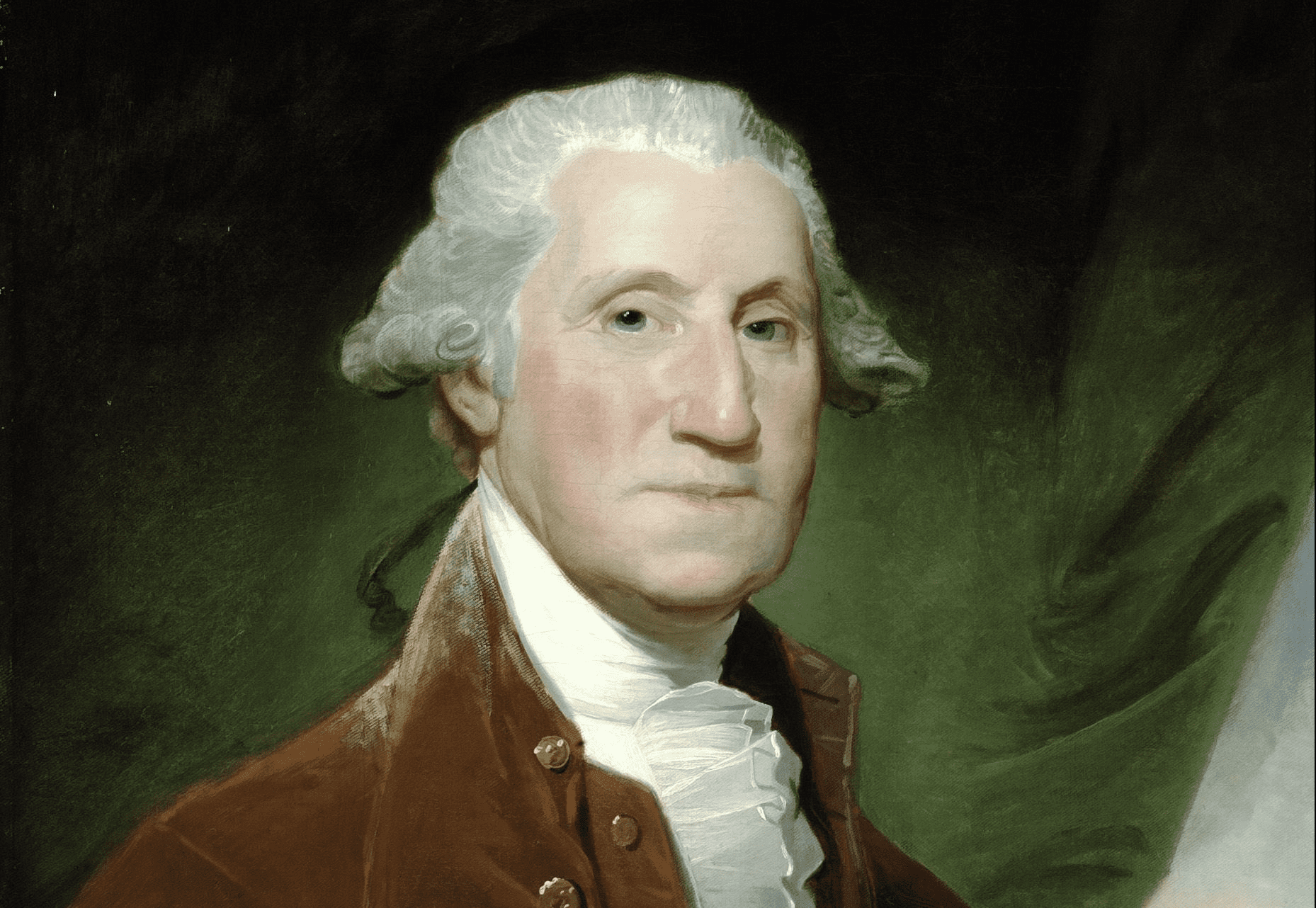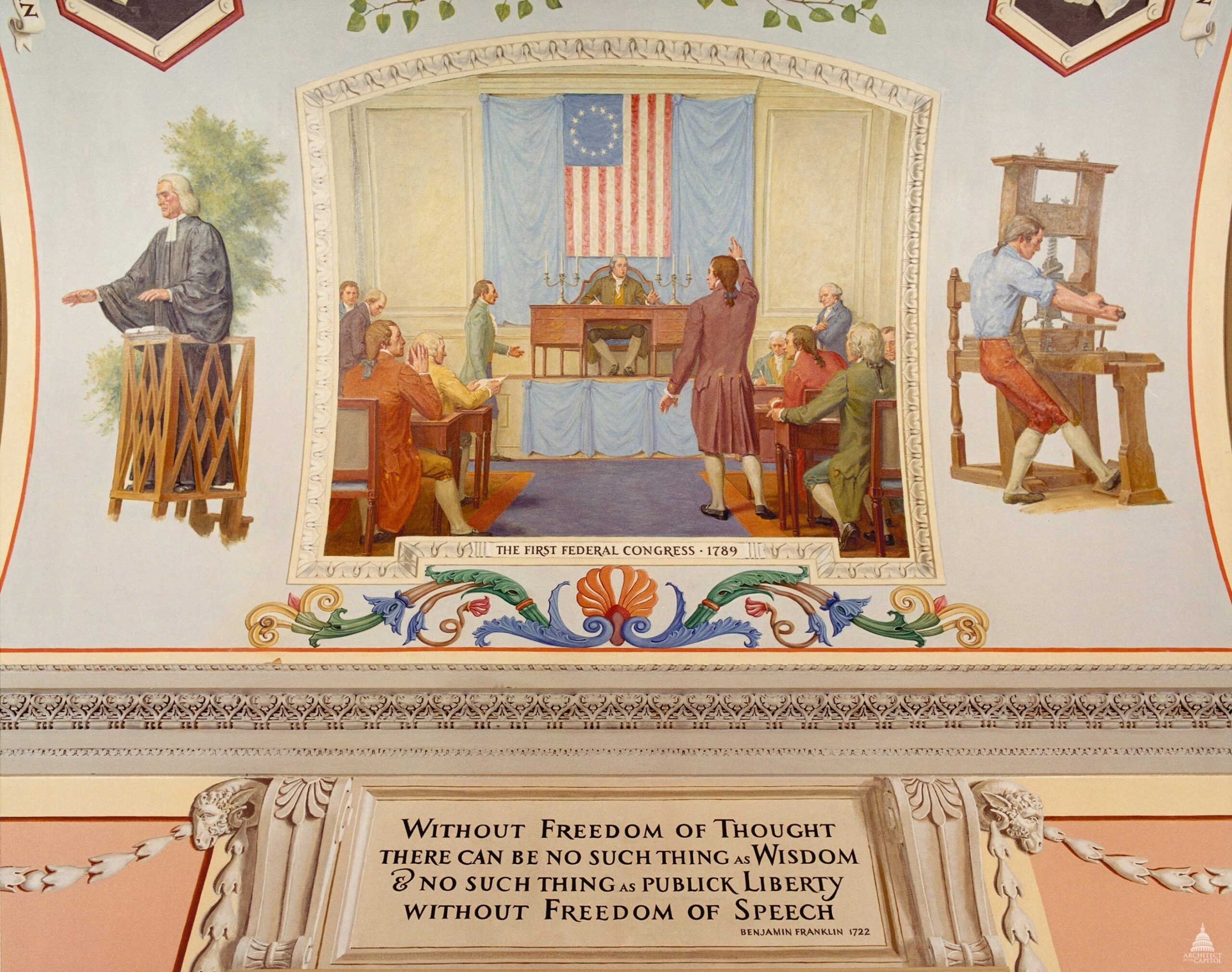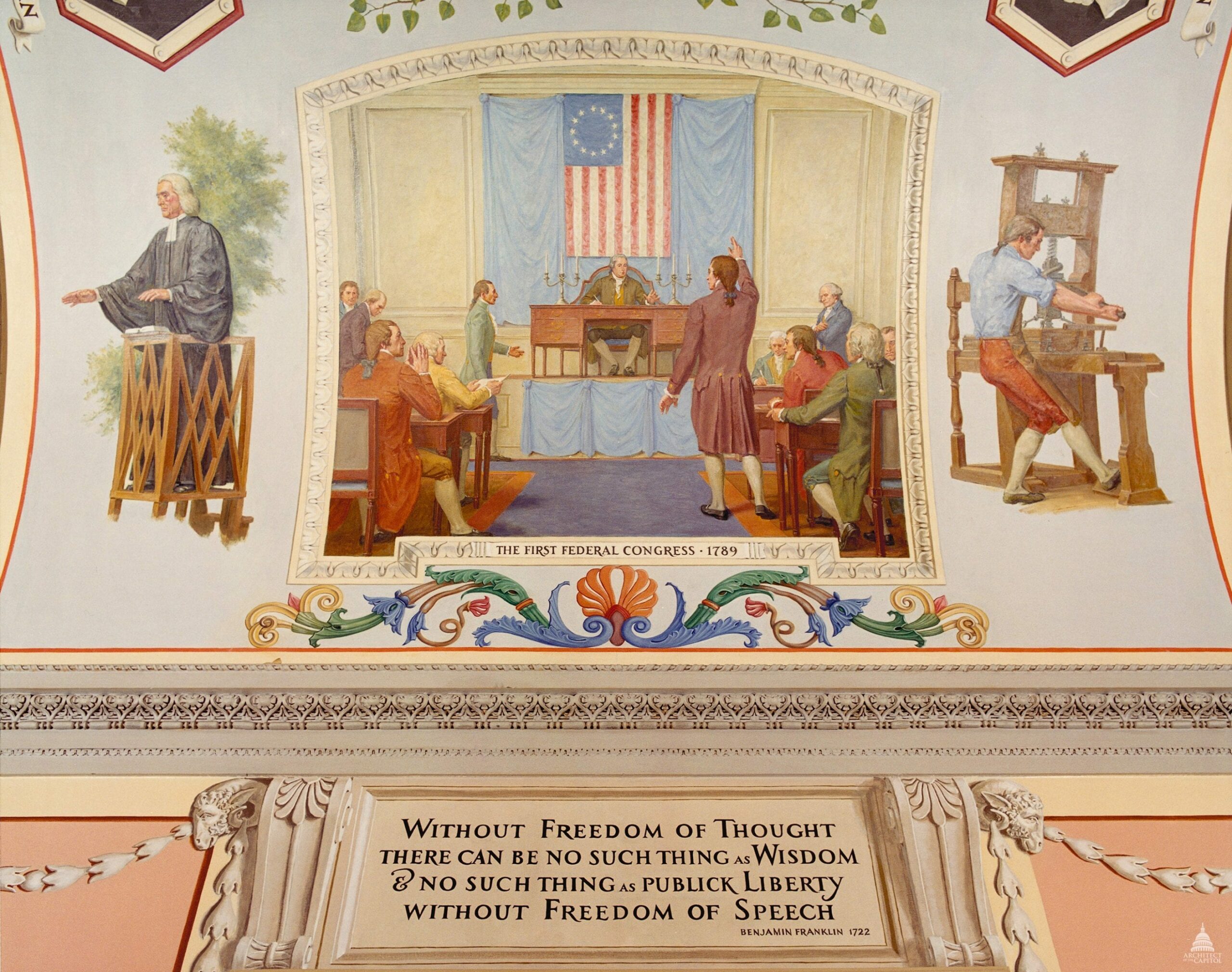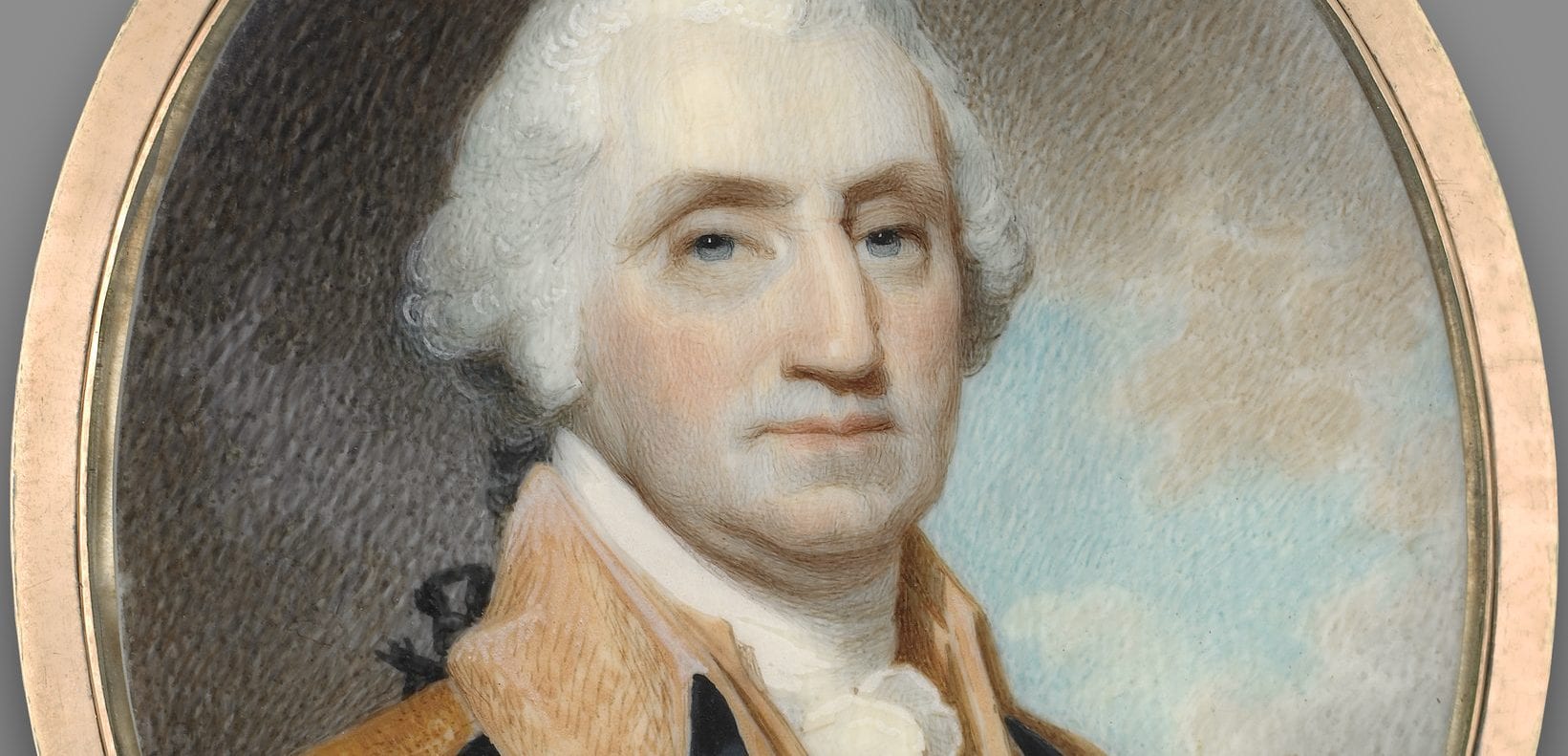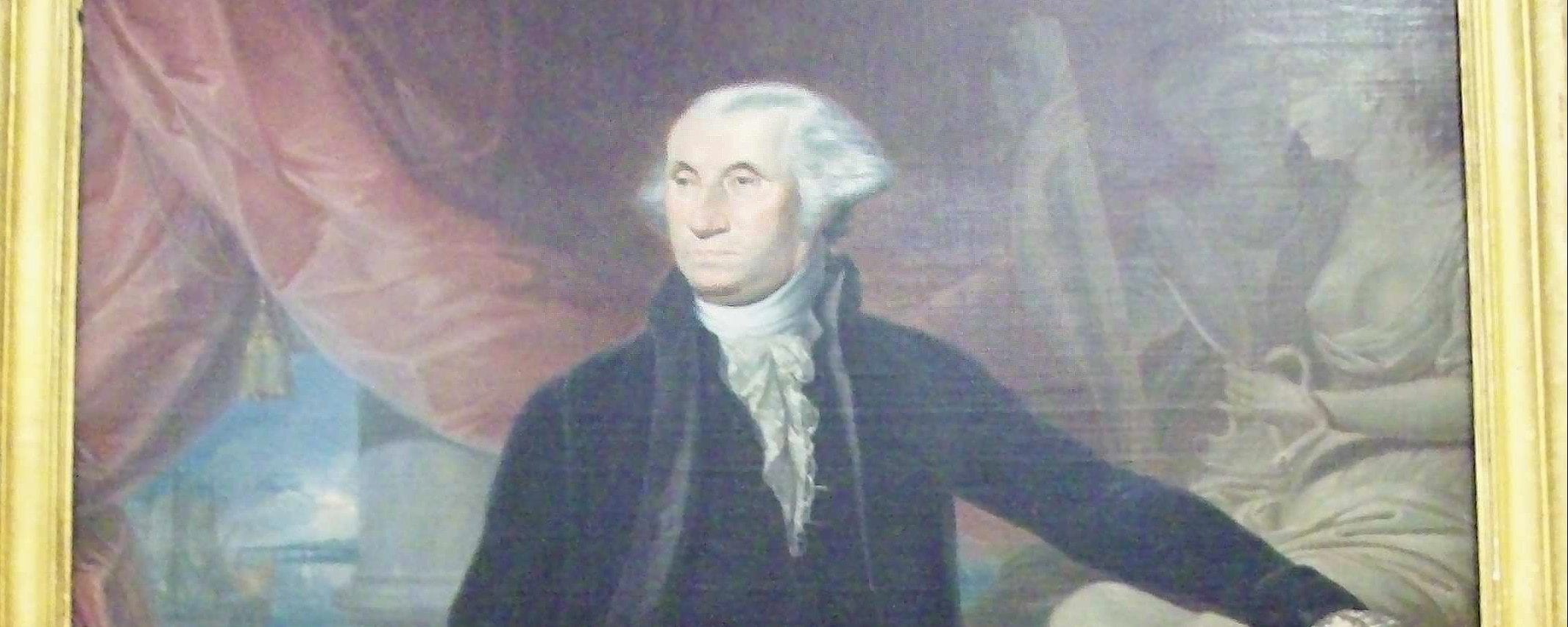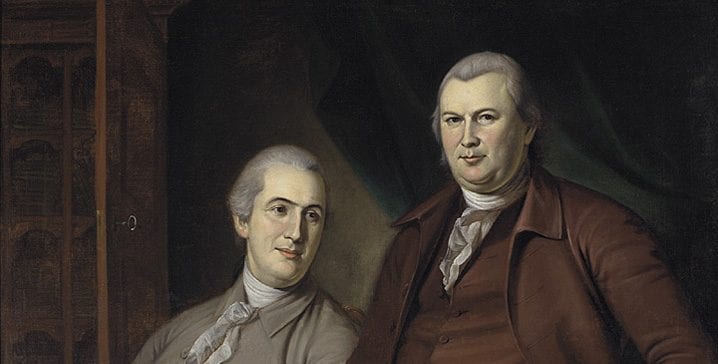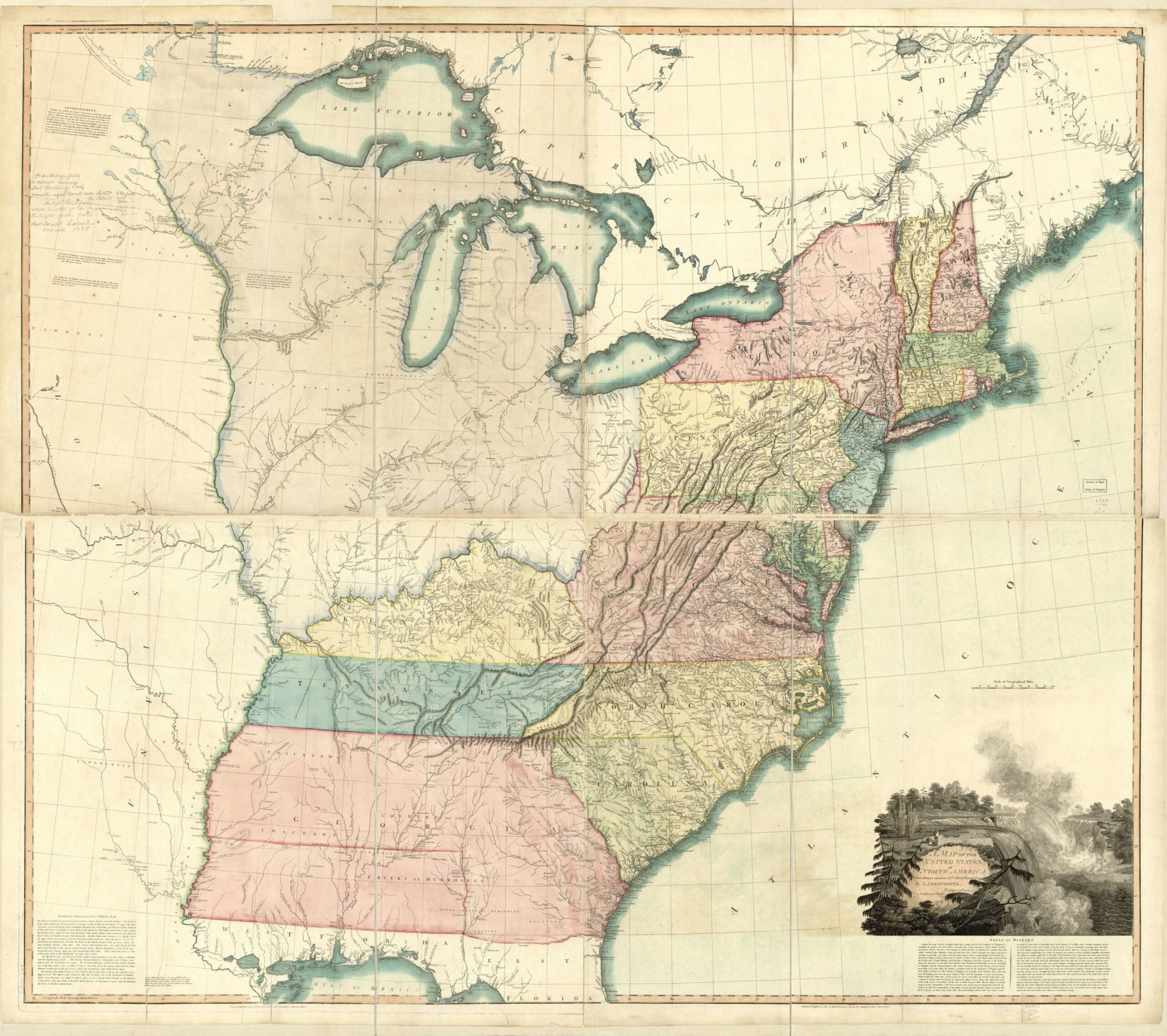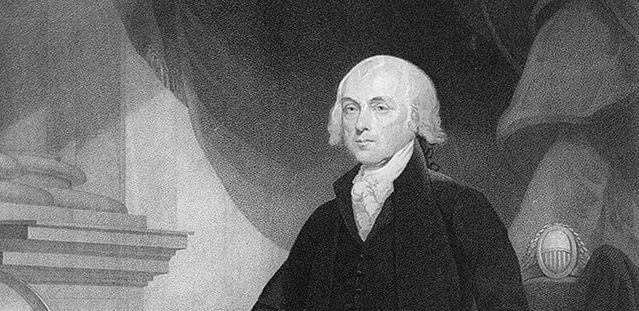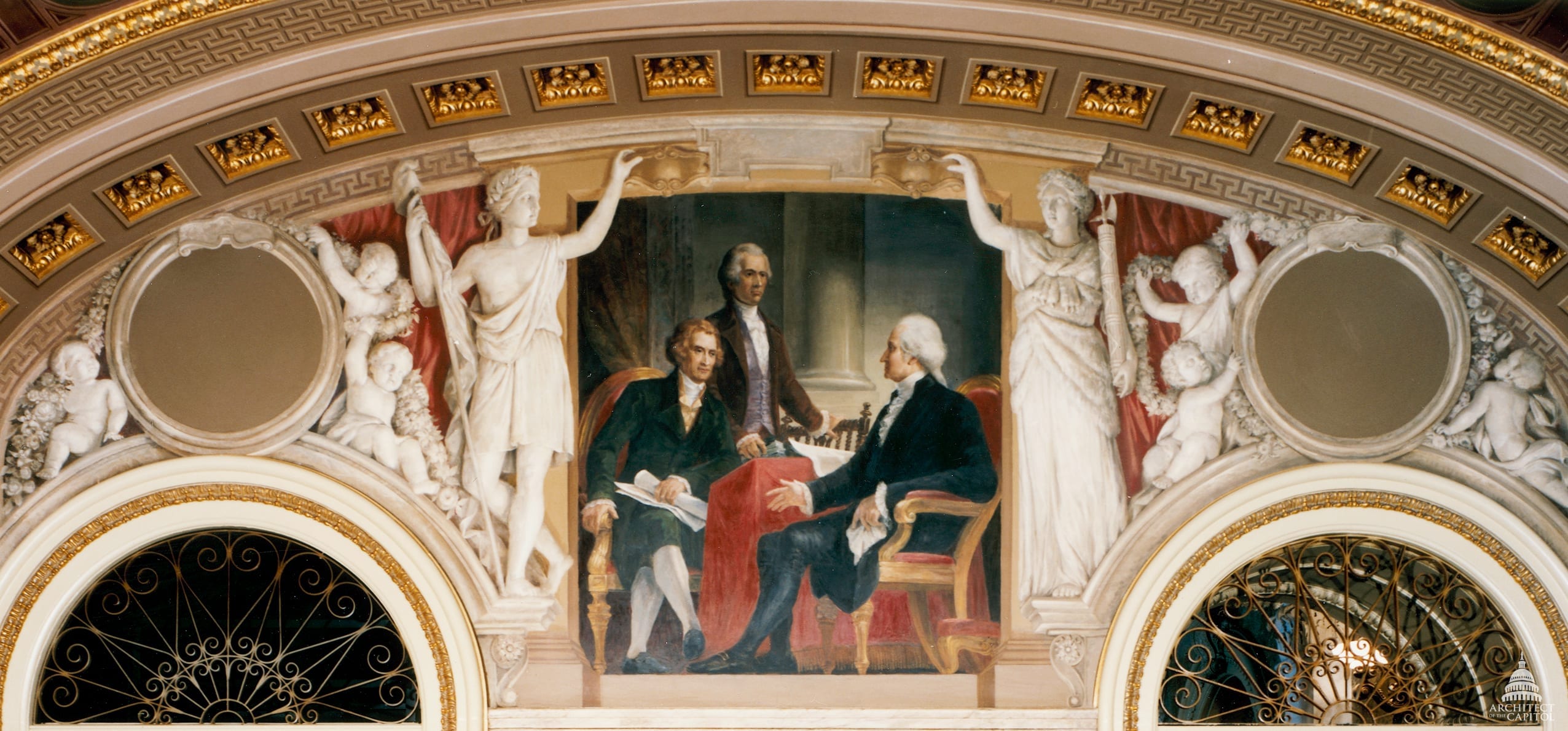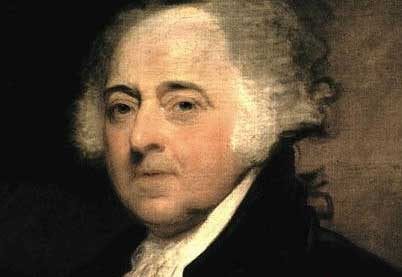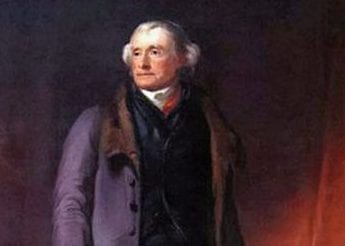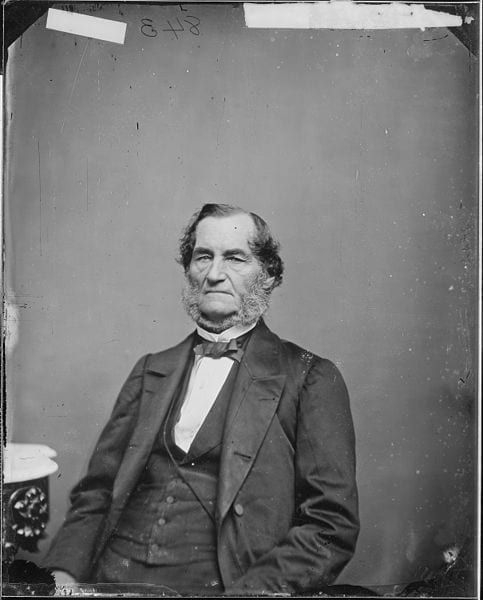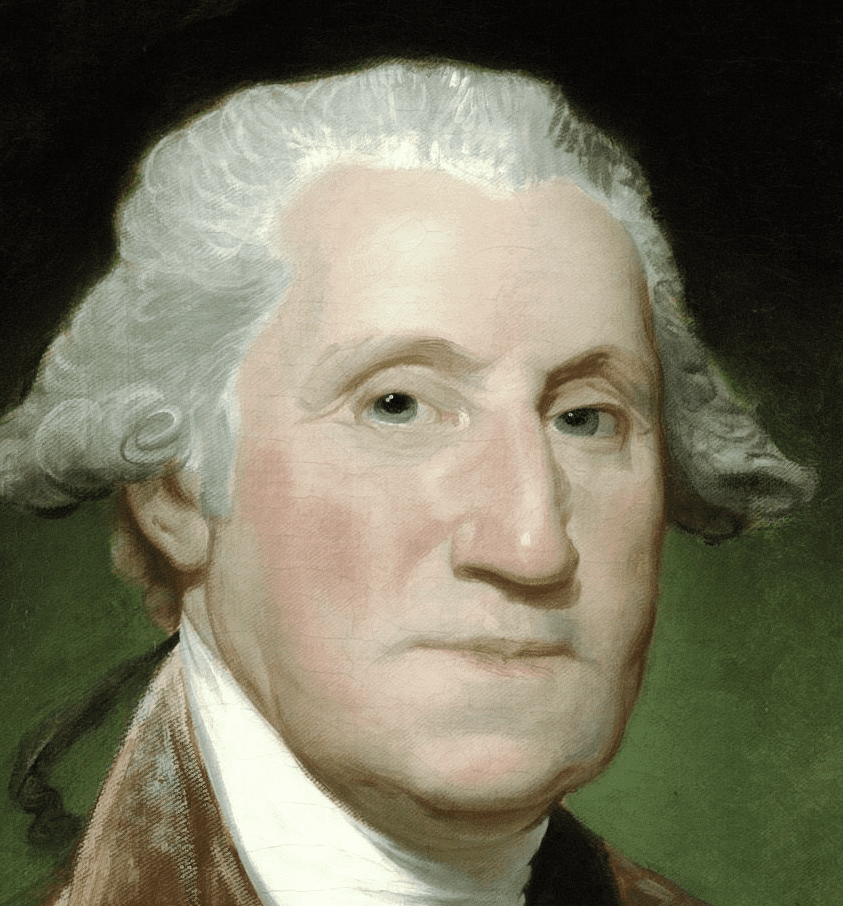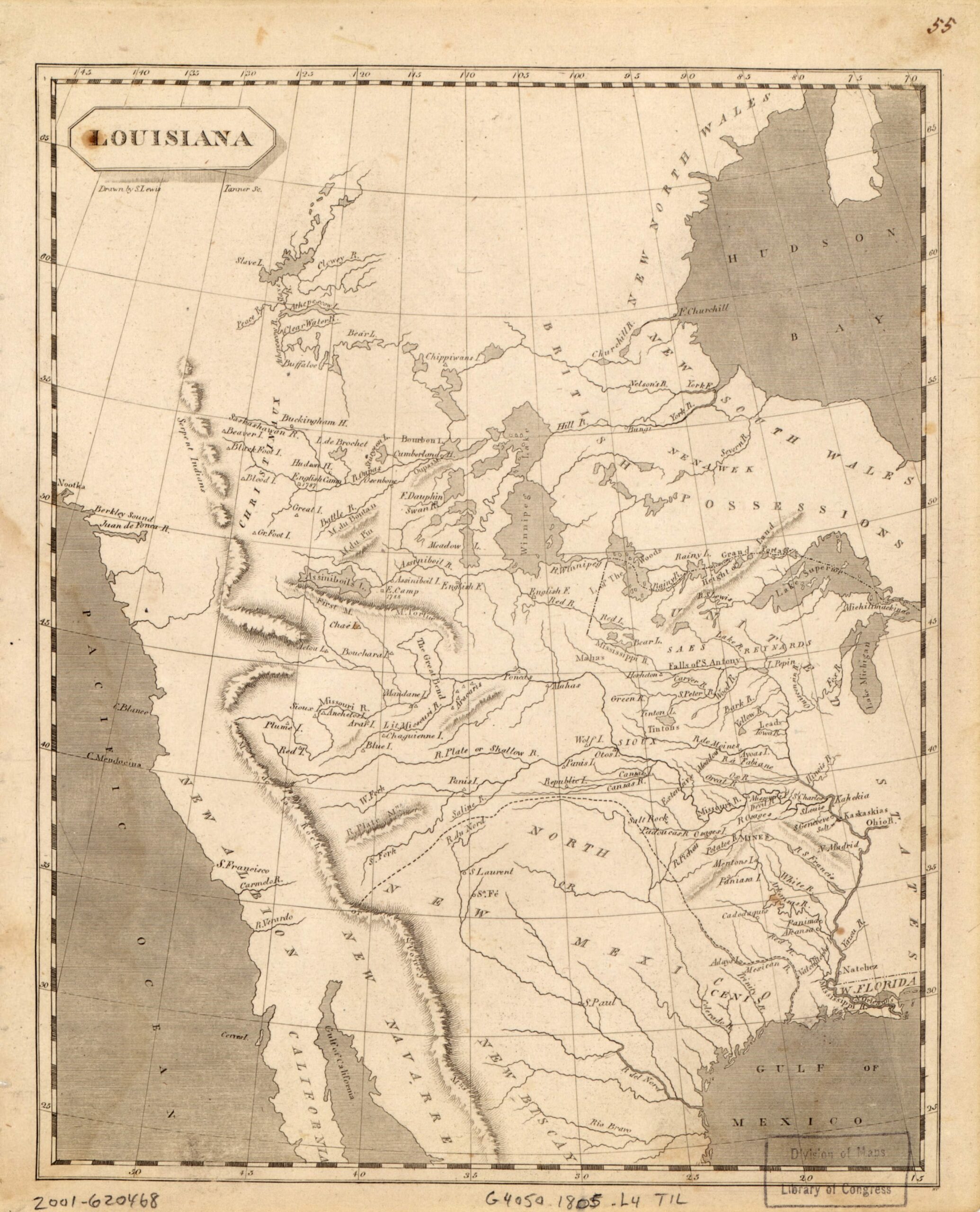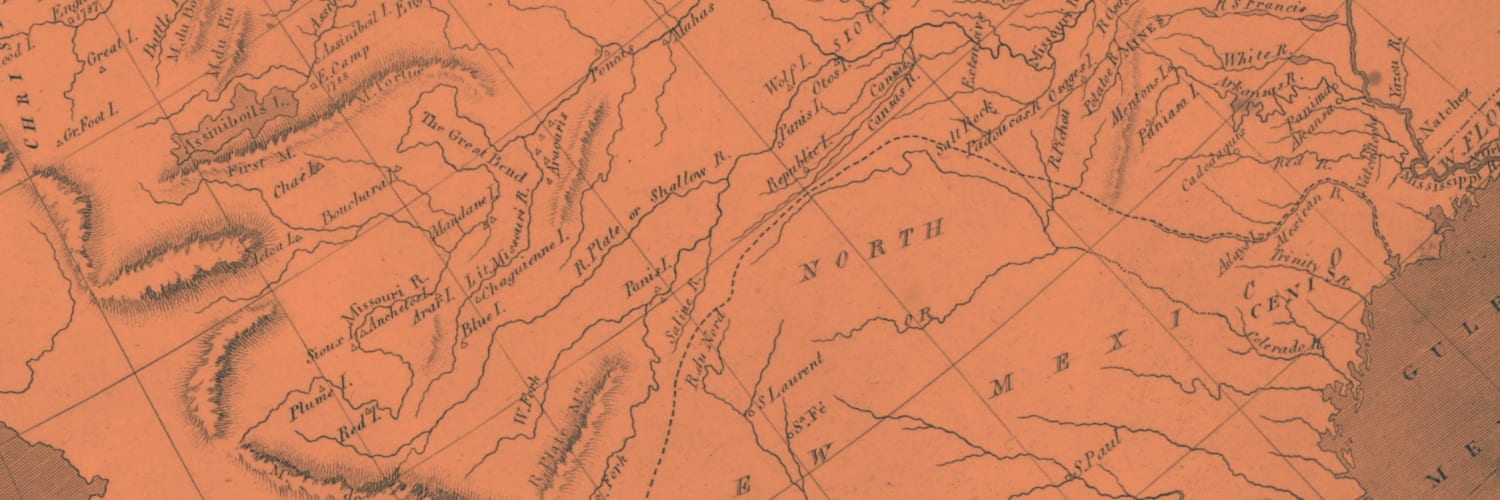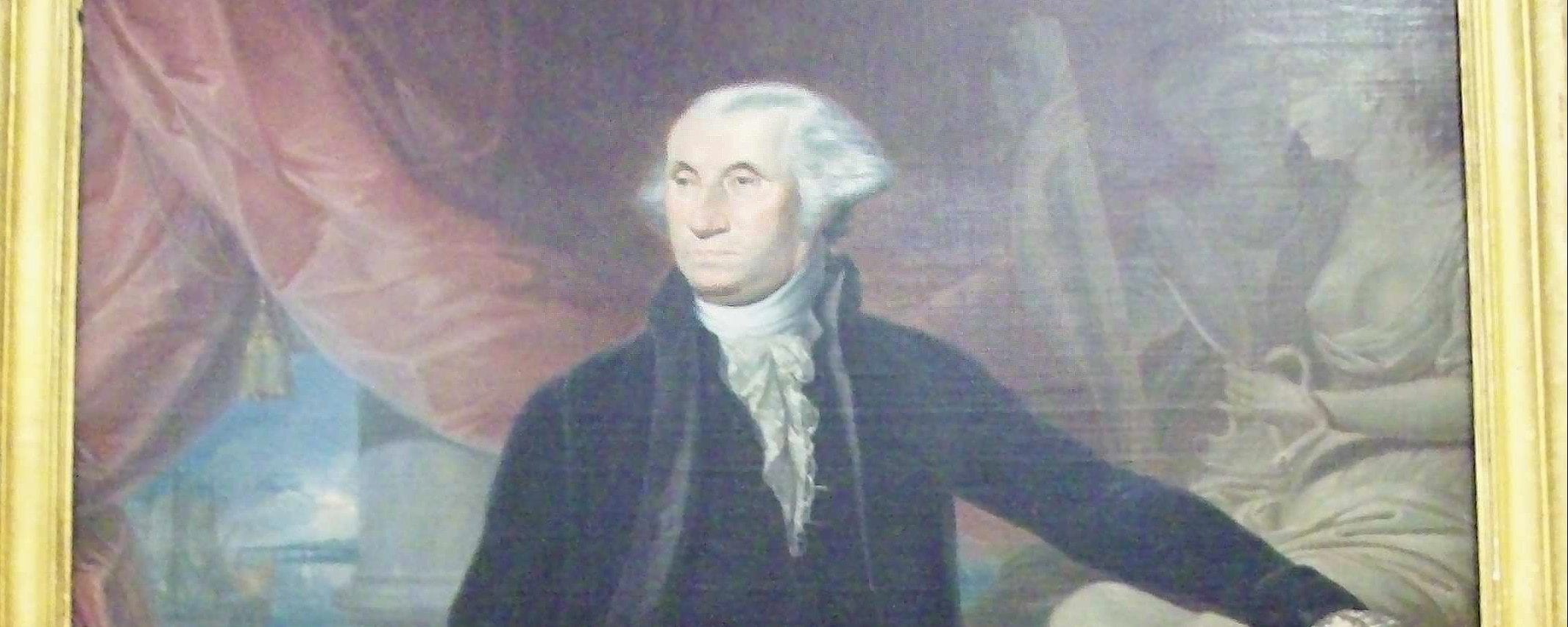

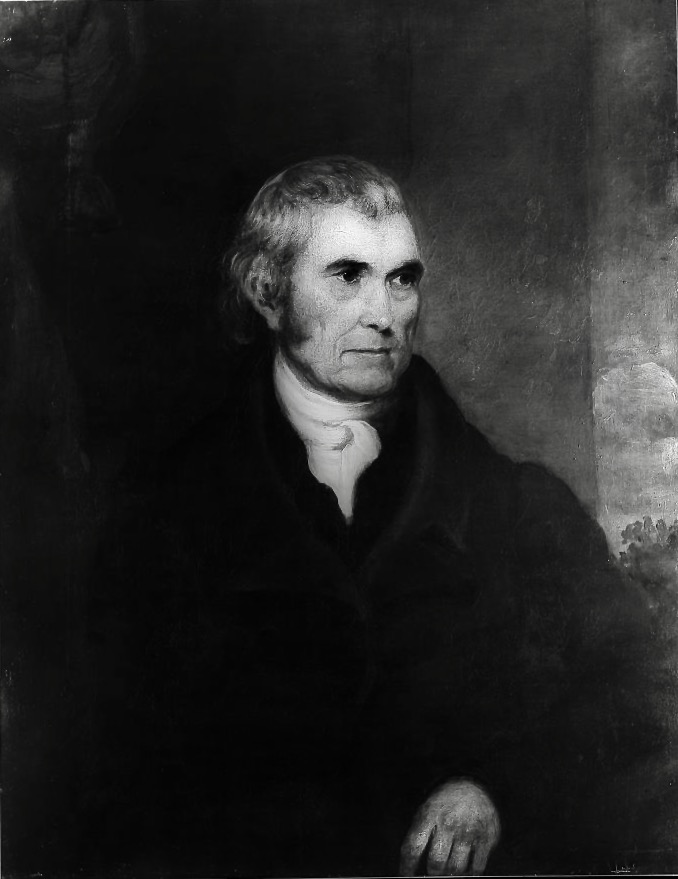
No related resources
Introduction
In 1816, Congress passed a bill incorporating a second Bank of the United States after the charter of the first National Bank expired. The Bank served as a repository for US government funds and as the transactor of financial matters for the US government. Supporters argued that the Bank established sound currency, encouraged economic growth, and fostered a sense of national unity. Among other arguments, opponents contended that the Bank enriched moneyed interests at the expense of ordinary people, unfairly supplanted local and state banks, and was beyond the constitutional powers of Congress.
The long-standing controversy came to a constitutional head in 1818, after Maryland passed a law “to impose a tax on all banks, or branches thereof, in the state of Maryland, not chartered by the legislature.” When Maryland imposed a tax on the Baltimore branch of the Bank, James McCulloch—who worked at the branch—refused to pay the tax on the ground that Maryland had no authority to levy it. McCulloch was then sued in state courts and lost, so he appealed to the US Supreme Court with Daniel Webster as his attorney. Writing for a unanimous Court, Chief Justice John Marshall sided with McCulloch, arguing that the Bank was within Congress’s powers under the “necessary and proper” clause of Article I, section 8 of the Constitution. In doing so, Marshall advanced two major ideas: first, that the “necessary and power” clause should not be read narrowly; and second, that the federal government does not get its powers from the states but from the American people. Both ideas favored a broader understanding of the legislative powers of the national government.
McCulloch provoked an intense outcry from opponents of the decision. John Marshall felt compelled to write a series of newspaper articles under a pen name (“Friend of the Union”) defending the decision. In addition, despite the second Bank’s relative popularity, President Andrew Jackson vetoed its rechartering in 1832, arguing that the Bank was unconstitutional despite what the Court had said in McCulloch. By the twentieth century, however, McCulloch had become widely accepted as a foundational interpretation of the “necessary and proper” clause, and it continues to be embraced by the Supreme Court as a binding explication of the source and extent of the powers of the federal government.
Source: 17 US 316 (1819); https://www.law.cornell.edu/supremecourt/text/17/316
Chief Justice MARSHALL delivered the opinion of the court, joined by Justices WASHINGTON, JOHNSON, LIVINGSTON, DUVALL, and STORY.
. . . [Maryland] denies the obligation of a law enacted by the legislature of the Union, and [McCulloch], on his part, contests the validity of an act which has been passed by the legislature of that state. . . . No tribunal can approach such a question without a deep sense of its importance, and of the awful responsibility involved in its decision. But it must be decided peacefully, or remain a source of hostile legislation, perhaps, of hostility of a still more serious nature; and if it is to be so decided, by this tribunal alone can the decision be made. On the Supreme Court of the United States has the Constitution of our country devolved this important duty.
The first question made in the cause is—has Congress power to incorporate a bank? It has been truly said, that this can scarcely be considered as an open question entirely unprejudiced by the former proceedings of the Nation respecting it. The principle now contested was introduced at a very early period of our history, has been recognized by many successive legislatures, and has been acted upon by the Judicial Department, in cases of peculiar delicacy, as a law of undoubted obligation. . . .
In discussing this question, the counsel for the State of Maryland have deemed it of some importance, in the construction of the Constitution, to consider that instrument not as emanating from the people, but as the act of sovereign and independent States. The powers of the General Government, it has been said, are delegated by the States, who alone are truly sovereign, and must be exercised in subordination to the States, who alone possess supreme dominion. It would be difficult to sustain this proposition. The convention which framed the Constitution was indeed elected by the State legislatures. But the instrument, when it came from their hands, was a mere proposal, without obligation or pretensions to it. It was reported to the then existing Congress of the United States with a request that it might “be submitted to a convention of delegates, chosen in each state by the people thereof, under the recommendation of its legislature, for their assent and ratification.” This mode of proceeding was adopted, and by the convention, by Congress, and by the State legislatures, the instrument was submitted to the people. They acted upon it in the only manner in which they can act safely, effectively and wisely, on such a subject—by assembling in convention. It is true, they assembled in their several States—and where else should they have assembled? No political dreamer was ever wild enough to think of breaking down the lines which separate the States, and of compounding the American people into one common mass. Of consequence, when they act, they act in their States. But the measures they adopt do not, on that account, cease to be the measures of the people themselves, or become the measures of the State governments.
From these conventions the Constitution derives its whole authority. The government proceeds directly from the people; is “ordained and established” in the name of the people, and is declared to be ordained, “in order to form a more perfect union, establish justice, insure domestic tranquility, and secure the blessings of liberty to themselves and to their posterity.” The assent of the States in their sovereign capacity is implied in calling a convention, and thus submitting that instrument to the people. But the people were at perfect liberty to accept or reject it, and their act was final. It required not the affirmance, and could not be negatived, by the State Governments. The Constitution, when thus adopted, was of complete obligation, and bound the State sovereignties. . . .
. . . The Government of the Union then . . . is, emphatically and truly, a Government of the people. In form and in substance, it emanates from them. Its powers are granted by them, and are to be exercised directly on them, and for their benefit.
This Government is acknowledged by all to be one of enumerated powers. The principle that it can exercise only the powers granted to it would seem too apparent to have required to be enforced by all those arguments which its enlightened friends, while it was depending before the people, found it necessary to urge; that principle is now universally admitted. But the question respecting the extent of the powers actually granted is perpetually arising, and will probably continue to arise so long as our system shall exist. In discussing these questions, the conflicting powers of the General and State governments must be brought into view, and the supremacy of their respective laws, when they are in opposition, must be settled.
If any one proposition could command the universal assent of mankind, we might expect it would be this—that the Government of the Union, though limited in its powers, is supreme within its sphere of action. This would seem to result necessarily from its nature. It is the Government of all; its powers are delegated by all; it represents all, and acts for all. Though any one State may be willing to control its operations, no State is willing to allow others to control them. The nation, on those subjects on which it can act, must necessarily bind its component parts. But this question is not left to mere reason; the people have, in express terms, decided it by saying [in Article VI, section 2], “this Constitution, and the laws of the United States, which shall be made in pursuance thereof,” “shall be the supreme law of the land,” and by requiring that the members of the State legislatures and the officers of the executive and judicial departments of the States shall take the oath of fidelity to it. The Government of the United States, then, though limited in its powers, is supreme, and its laws, when made in pursuance of the Constitution, form the supreme law of the land, “anything in the Constitution or laws of any State to the contrary notwithstanding.”
Among the enumerated powers, we do not find that of establishing a bank or creating a corporation. But there is no phrase in the instrument which, like the Articles of Confederation, excludes incidental or implied powers, and which requires that everything granted shall be expressly and minutely described. Even the Tenth Amendment, which was framed for the purpose of quieting the excessive jealousies which had been excited, omits the word “expressly,” and declares only that the powers “not delegated to the United States, nor prohibited to the States, are reserved to the States or to the people,” thus leaving the question whether the particular power which may become the subject of contest has been delegated to the one Government, or prohibited to the other, to depend on a fair construction of the whole instrument. . . . A Constitution, to contain an accurate detail of all the subdivisions of which its great powers will admit, and of all the means by which they may be carried into execution, would partake of the prolixity of a legal code, and could scarcely be embraced by the human mind. It would probably never be understood by the public. Its nature, therefore, requires, that only its great outlines should be marked, its important objects designated, and the minor ingredients which compose those objects be deduced from the nature of the objects themselves. That this idea was entertained by the framers of the American Constitution is not only to be inferred from the nature of the instrument, but from the language. Why else were some of the limitations found in the 9th section of the 1st article introduced? It is also in some degree warranted by their having omitted to use any restrictive term which might prevent its receiving a fair and just interpretation. In considering this question, then, we must never forget that it is a Constitution we are expounding.
Although, among the enumerated powers of Government, we do not find the word “bank” or “incorporation,” we find the great powers, to lay and collect taxes; to borrow money; to regulate commerce; to declare and conduct a war; and to raise and support armies and navies. The sword and the purse, all the external relations, and no inconsiderable portion of the industry of the nation, are intrusted to its government. . . . [A] government intrusted with such ample powers, on the due execution of which the happiness and prosperity of the Nation so vitally depends, must also be intrusted with ample means for their execution. The power being given, it is the interest of the Nation to facilitate its execution. It can never be their interest, and cannot be presumed to have been their intention, to clog and embarrass its execution by withholding the most appropriate means. . . . The exigencies of the Nation may require that the treasure raised in the north should be transported to the south that raised in the east, conveyed to the west, or that this order should be reversed. Is that construction of the Constitution to be preferred which would render these operations difficult, hazardous and expensive? Can we adopt that construction (unless the words imperiously require it) which would impute to the framers of that instrument, when granting these powers for the public good, the intention of impeding their exercise, by withholding a choice of means? If, indeed, such be the mandate of the Constitution, we have only to obey; but that instrument does not profess to enumerate the means by which the powers it confers may be executed; nor does it prohibit the creation of a corporation, if the existence of such a being be essential, to the beneficial exercise of those powers. It is, then, the subject of fair inquiry, how far such means may be employed.
It is not denied that the powers given to the Government imply the ordinary means of execution. That, for example, of raising revenue and applying it to national purposes is admitted to imply the power of conveying money from place to place as the exigencies of the Nation may require, and of employing the usual means of conveyance. But it is denied that the Government has its choice of means, or that it may employ the most convenient means if, to employ them, it be necessary to erect a corporation. On what foundation does this argument rest? On this alone: the power of creating a corporation is one appertaining to sovereignty, and is not expressly conferred on Congress. This is true. But all legislative powers appertain to sovereignty. The original power of giving the law on any subject whatever is a sovereign power, and if the Government of the Union is restrained from creating a corporation as a means for performing its functions, on the single reason that the creation of a corporation is an act of sovereignty, if the sufficiency of this reason be acknowledged, there would be some difficulty in sustaining the authority of congress to pass other laws for the accomplishment of the same objects. The government which has a right to do an act and has imposed on it the duty of performing that act must, according to the dictates of reason, be allowed to select the means, and those who contend that it may not select any appropriate means that one particular mode of effecting the object is excepted take upon themselves the burden of establishing that exception. . . .
But the Constitution of the United States has not left the right of Congress to employ the necessary means for the execution of the powers conferred on the Government to general reasoning. To its enumeration of powers is added that of making “all laws which shall be necessary and proper for carrying into execution the foregoing powers, and all other powers vested by this Constitution in the Government of the United States or in any department thereof.” . . .
But the argument [against the Bank] on which most reliance is placed is drawn from that peculiar language of this clause. Congress is not empowered by it to make all laws which may have relation to the powers conferred on the Government, but such only as may be “necessary and proper” for carrying them into execution. The word “necessary” is considered as controlling the whole sentence, and as limiting the right to pass laws for the execution of the granted powers to such as are indispensable, and without which the power would be nugatory. That it excludes the choice of means, and leaves to Congress in each case that only which is most direct and simple.
Is it true that this is the sense in which the word “necessary” is always used? Does it always import an absolute physical necessity so strong that one thing to which another may be termed necessary cannot exist without that other? We think it does not. If reference be had to its use in the common affairs of the world or in approved authors, we find that it frequently imports no more than that one thing is convenient, or useful, or essential to another. To employ the means necessary to an end is generally understood as employing any means calculated to produce the end, and not as being confined to those single means, without which the end would be entirely unattainable. Such is the character of human language that no word conveys to the mind in all situations one single definite idea, and nothing is more common than to use words in a figurative sense. Almost all compositions contain words which, taken in a their [sic] rigorous sense, would convey a meaning different from that which is obviously intended. It is essential to just construction that many words which import something excessive should be understood in a more mitigated sense—in that sense which common usage justifies. The word “necessary” is of this description. It has not a fixed character peculiar to itself. It admits of all degrees of comparison, and is often connected with other words which increase or diminish the impression the mind receives of the urgency it imports. A thing may be necessary, very necessary, absolutely or indispensably necessary. To no mind would the same idea be conveyed by these several phrases. The comment on the word is well illustrated by the passage cited at the bar from the 10th section of the 1st article of the Constitution. It is, we think, impossible to compare the sentence which prohibits a State from laying “imposts, or duties on imports or exports, except what may be absolutely necessary for executing its inspection laws,” with that which authorizes Congress “to make all laws which shall be necessary and proper for carrying into execution” the powers of the General Government without feeling a conviction that the convention understood itself to change materially the meaning of the word “necessary,” by prefixing the word “absolutely.” This word, then, like others, is used in various senses, and, in its construction, the subject, the context, the intention of the person using them are all to be taken into view.
Let this be done in the case under consideration. The subject is the execution of those great powers on which the welfare of a Nation essentially depends. It must have been the intention of those who gave these powers to insure, so far as human prudence could insure, their beneficial execution. This could not be done, by confiding the choice of means to such narrow limits as not to leave it in the power of Congress to adopt any which might be appropriate, and which were conducive to the end. This provision is made in a Constitution intended to endure for ages to come, and consequently to be adapted to the various crises of human affairs. To have prescribed the means by which Government should, in all future time, execute its powers would have been to change entirely the character of the instrument and give it the properties of a legal code. It would have been an unwise attempt to provide by immutable rules for exigencies which, if foreseen at all, must have been seen dimly, and which can be best provided for as they occur. To have declared that the best means shall not be used, but those alone without which the power given would be nugatory, would have been to deprive the legislature of the capacity to avail itself of experience, to exercise its reason, and to accommodate its legislation to circumstances. . . .
But the argument which most conclusively demonstrates the error of the construction contended for by the counsel for the State of Maryland is founded on the intention of the convention as manifested in the whole clause. To waste time and argument in proving that, without it, Congress might carry its powers into execution would be not much less idle than to hold a lighted taper to the sun. As little can it be required to prove that in the absence of this clause, Congress would have some choice of means. That it might employ those which, in its judgment, would most advantageously effect the object to be accomplished. That any means adapted to the end, any means which tended directly to the execution of the constitutional powers of the Government, were in themselves Constitutional. This clause, as construed by the state of Maryland, would abridge, and almost annihilate, this useful and necessary right of the legislature to select its means. That this could not be intended is, we should think, had it not been already controverted, too apparent for controversy.
We think so for the following reasons: 1st. The clause is placed among the powers of Congress, not among the limitations on those powers. 2d. Its terms purport to enlarge, not to diminish, the powers vested in the Government. It purports to be an additional power, not a restriction on those already granted. . . .
The result of the most careful and attentive consideration bestowed upon this clause is that, if it does not enlarge, it cannot be construed to restrain, the powers of Congress, or to impair the right of the legislature to exercise its best judgment in the selection of measures to carry into execution the Constitutional powers of the Government. If no other motive for its insertion can be suggested, a sufficient one is found in the desire to remove all doubts respecting the right to legislate on that vast mass of incidental powers which must be involved in the Constitution if that instrument be not a splendid bauble.
We admit, as all must admit, that the powers of the Government are limited, and that its limits are not to be transcended. But we think the sound construction of the Constitution must allow to the national legislature that discretion with respect to the means by which the powers it confers are to be carried into execution which will enable that body to perform the high duties assigned to it in the manner most beneficial to the people. Let the end be legitimate, let it be within the scope of the Constitution, and all means which are appropriate, which are plainly adapted to that end, which are not prohibited, but consist with the letter and spirit of the Constitution, are Constitutional. . . .
After the most deliberate consideration, it is the unanimous and decided opinion of this Court that the act to incorporate the Bank of the United States is a law made in pursuance of the Constitution, and is a part of the supreme law of the land. . . .
It being the opinion of the Court that the act incorporating the bank is constitutional, and that the power of establishing a branch in the State of Maryland might be properly exercised by the bank itself, we proceed to inquire:
Whether the State of Maryland may, without violating the Constitution, tax that branch?
That the power of taxation is one of vital importance; that it is retained by the States; that it is not abridged by the grant of a similar power to the Government of the Union; that it is to be concurrently exercised by the two Governments—are truths which have never been denied. But such is the paramount character of the Constitution that . . . if it may restrain a State from the exercise of its taxing power on imports and exports[,] the same paramount character would seem to restrain, as it certainly may restrain, a State from such other exercise of this power as is in its nature incompatible with, and repugnant to, the constitutional laws of the Union. A law absolutely repugnant to another as entirely repeals that other as if express terms of repeal were used.
On this ground, the counsel for the bank place its claim to be exempted from the power of a State to tax its operations. There is no express provision for the case, but the claim has been sustained on a principle which so entirely pervades the Constitution, is so intermixed with the materials which compose it, so interwoven with its web, so blended with its texture, as to be incapable of being separated from it without rending it into shreds. This great principle is that the Constitution and the laws made in pursuance thereof are supreme; that they control the Constitution and laws of the respective States, and cannot be controlled by them. From this, which may be almost termed an axiom, other propositions are deduced as corollaries, on the truth or error of which, and on their application to this case, the cause has been supposed to depend. These are, 1st. That a power to create implies a power to preserve; 2d. That a power to destroy, if wielded by a different hand, is hostile to, and incompatible with these powers to create and to preserve; 3d. That, where this repugnancy exists, that authority which is supreme must control, not yield to that over which it is supreme. . . .
That the power of taxing [the Bank] by the States may be exercised so as to destroy it is too obvious to be denied. . . .
The argument on the part of the State of Maryland is not that the States may directly resist a law of Congress, but that they may exercise their acknowledged powers upon it, and that the Constitution leaves them this right, in the confidence that they will not abuse it. . . .
The sovereignty of a State extends to everything which exists by its own authority or is introduced by its permission, but does it extend to those means which are employed by Congress to carry into execution powers conferred on that body by the people of the United States? We think it demonstrable that it does not. Those powers are not given by the people of a single State. They are given by the people of the United States, to a Government whose laws, made in pursuance of the Constitution, are declared to be supreme. Consequently, the people of a single State cannot confer a sovereignty which will extend over them.
If we measure the power of taxation residing in a State by the extent of sovereignty which the people of a single State possess and can confer on its Government, we have an intelligible standard, applicable to every case to which the power may be applied. We have a principle which leaves the power of taxing the people and property of a State unimpaired; which leaves to a State the command of all its resources, and which places beyond its reach all those powers which are conferred by the people of the United States on the Government of the Union, and all those means which are given for the purpose of carrying those powers into execution. We have a principle which is safe for the States and safe for the Union. . . .
If we apply the principle for which the State of Maryland contends, to the Constitution generally, we shall find it capable of changing totally the character of that instrument. We shall find it capable of arresting all the measures of the Government, and of prostrating it at the foot of the States. The American people have declared their Constitution and the laws made in pursuance thereof to be supreme, but this principle would transfer the supremacy, in fact, to the States.
If the States may tax one instrument, employed by the Government in the execution of its powers, they may tax any and every other instrument. They may tax the mail; they may tax the mint; they may tax patent rights; they may tax the papers of the custom house; they may tax judicial process; they may tax all the means employed by the Government to an excess which would defeat all the ends of Government. This was not intended by the American people. They did not design to make their government dependent on the states. . . .
It has also been insisted that, as the power of taxation in the General and State Governments is acknowledged to be concurrent, every argument which would sustain the right of the General Government to tax banks chartered by the States, will equally sustain the right of the States to tax banks chartered by the general government.
But the two cases are not on the same reason. The people of all the States have created the General Government, and have conferred upon it the general power of taxation. The people of all the States, and the States themselves, are represented in Congress, and, by their representatives, exercise this power. When they tax the chartered institutions of the States, they tax their constituents, and these taxes must be uniform. But when a State taxes the operations of the government of the United States, it acts upon institutions created not by their own constituents, but by people over whom they claim no control. It acts upon the measures of a Government created by others as well as themselves, for the benefit of others in common with themselves. The difference is that which always exists, and always must exist, between the action of the whole on a part, and the action of a part on the whole—between the laws of a Government declared to be supreme, and those of a Government which, when in opposition to those laws, is not supreme.
But if the full application of this argument could be admitted, it might bring into question the right of Congress to tax the State banks, and could not prove the rights of the States to tax the Bank of the United States.
The court has bestowed on this subject its most deliberate consideration. The result is a conviction that the States have no power, by taxation or otherwise, to retard, impede, burden, or in any manner control the operations of the constitutional laws enacted by Congress to carry into execution the powers vested in the General Government. This is, we think, the unavoidable consequence of that supremacy which the constitution has declared.
We are unanimously of opinion that the law passed by the Legislature of Maryland, imposing a tax on the Bank of the United States, is unconstitutional and void. . . .
Letter from James Madison to Spencer Roane (1819)
September 2, 1819
Conversation-based seminars for collegial PD, one-day and multi-day seminars, graduate credit seminars (MA degree), online and in-person.

